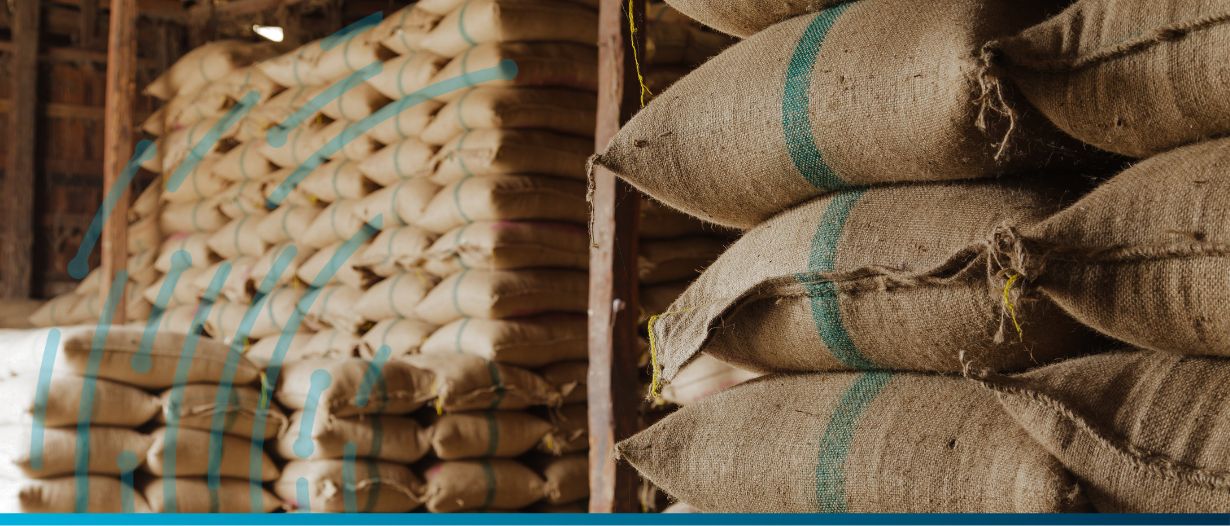The European Union is on track to introduce tariffs on grain imports from Russia and Belarus as a measure to support its farmers and address the concerns of certain member states, according to officials with knowledge of the discussions who spoke on Tuesday.
Market participants have observed that the grain imports from Russia and Belarus to the EU are minimal, especially when compared to those from Ukraine, suggesting that the imposition of tariffs is more symbolic than substantive.
“Russian research company SovEcon said it would have little impact on grain trade and prices, given only 2% of Russian shipments went to Europe, with the exception of sunflower meal, of which the European Union took a third of Russian exports,” highlighting the limited effect of these measures on the broader grain market.
The Financial Times has reported, “The European Commission would propose a duty of 95 euros ($103.26) per metric ton on cereals from Russia and Belarus, with tariffs of 50% on oil seeds and derived products.”
One EU official commented on the accuracy of these figures, stating they were “about right” but still subject to finalisation. Another official indicated that tariffs were the likely course of action, as trade measures only require majority support within the EU, in contrast to sanctions which necessitate unanimous consent.
The proposed tariffs would be applicable to grains intended for the 27-member EU and would not affect grain transiting through the EU to other destinations, according to the sources.
The initiative comes in response to EU farmers calling for changes to the Green Deal environmental restrictions and the re-introduction of customs duties on Ukrainian agricultural imports, which were suspended following Russia’s 2022 invasion.
Farmers in EU member states such as Poland, Hungary, and Slovakia have voiced their concerns that the current situation is undermining their pricing. Notably, Ukraine is not part of the EU.
Amid widespread protests by farmers in various European countries, including Poland, against EU environmental policies, Polish Prime Minister Donald Tusk has echoed the sentiment of many EU lawmakers in a European Parliament debate last week, calling for a ban on agricultural imports from Russia and Belarus.
As per European Commission data, the EU’s grain and oilseed imports from Russia amounted to 1.8 million tonnes by the end of February for the 2023/2024 period, compared to 19.1 million tonnes from Ukraine.
A source from Ukraine told Reuters that Kyiv has advocated for a complete EU ban on Russian food imports, though the volume of Russian grains is deemed insufficient to significantly impact European prices. Echoing this sentiment, a German trader stated, “It looks highly symbolic with only minor volumes involved from Russia which could be pretty easily replaced. I cannot see any big waves from this.”























